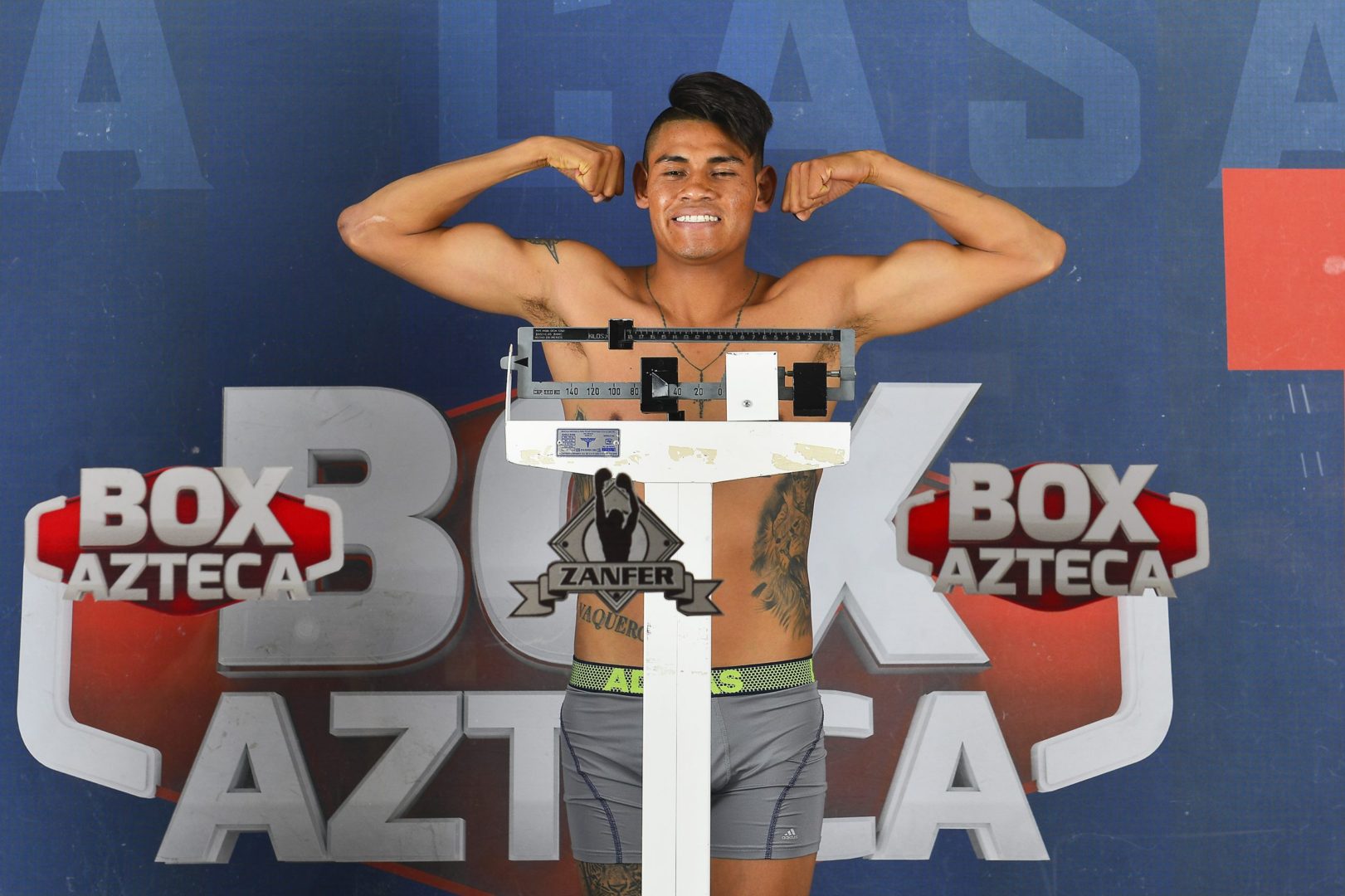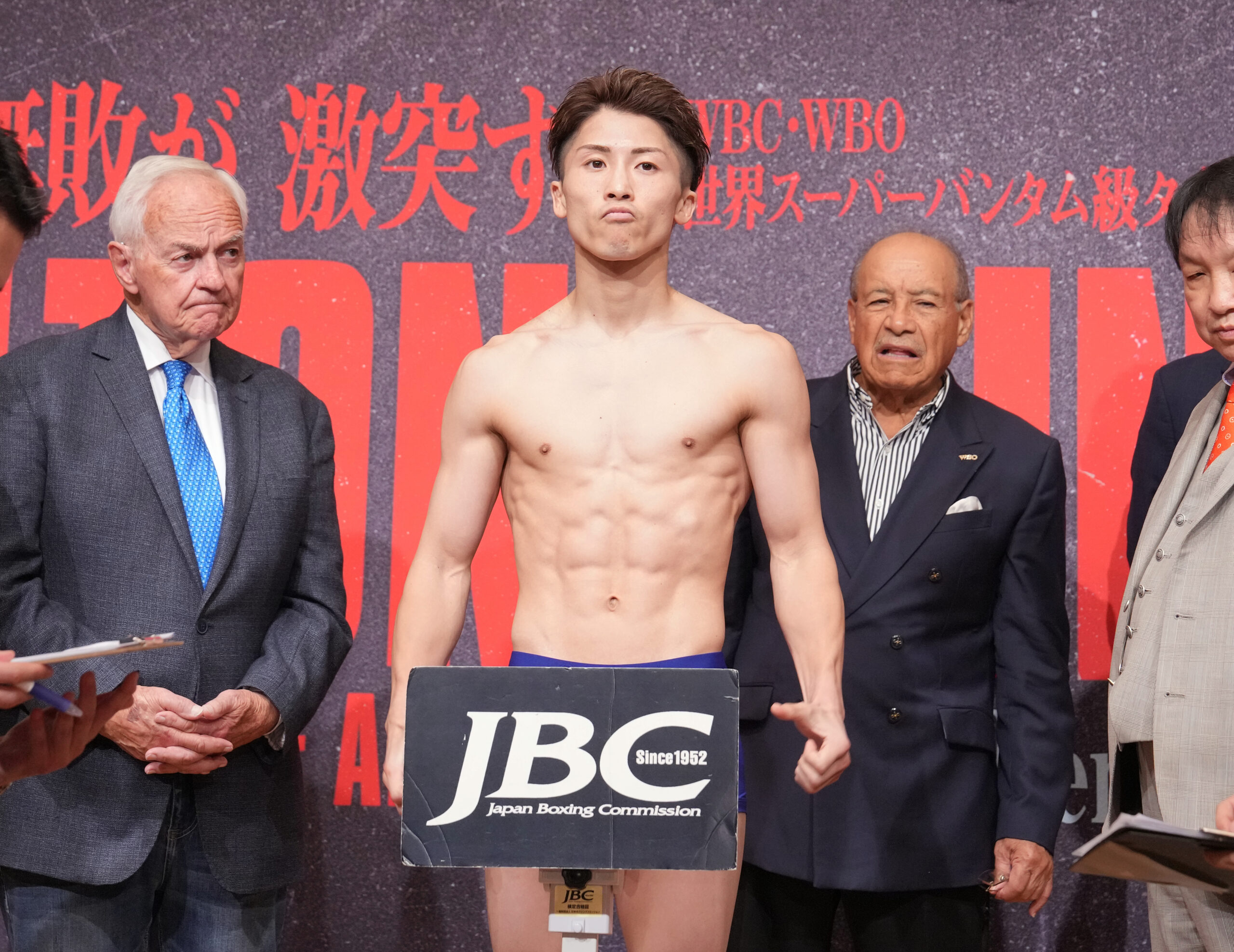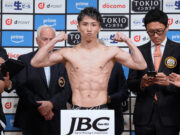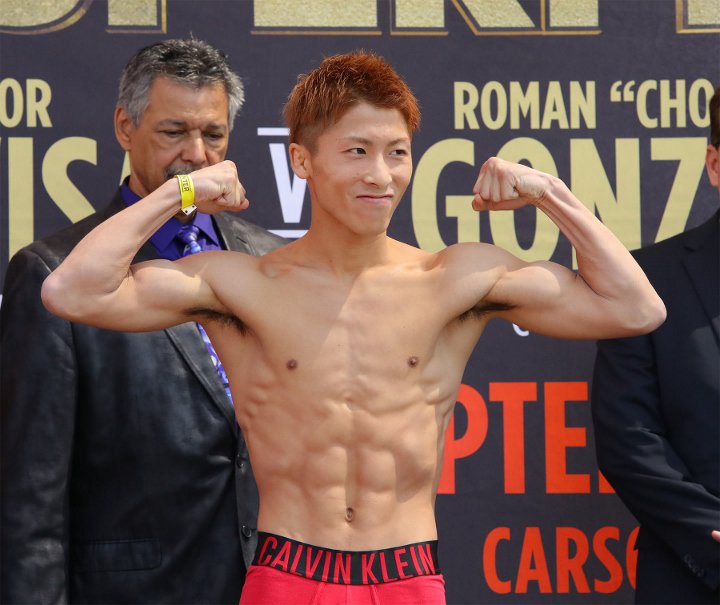There’s an empty corner in boxing’s battered soul today. There’s always a couple. But none looks quite so large and profoundly sad as the one left by Emanuel Steward’s death Thursday. Gone is his dignity. Gone is his poise. Gone is a gentleman.
I want to say the void will never be filled. But I can’t. Steward won’t let me. Wladimir Klitschko said Wednesday, a day before Steward’s death was confirmed, that his trainer’s “spirit” is always there.
“I can always hear his voice,’’ Klitschko said when asked how he would react without Steward in his corner against Mariusz Wach in Hamburg, Germany for a November 10 bout televised by EPIX.
It’s a voice still heard, because it was without the histrionics associated with a business so noisy that it often sounds as if it includes only extremes and screamers. Steward was never one of those. In his optimistic eyes, you could see calm in the storm. Throw chaos at Steward, and he’d give you that wry smile and a way to conquer it.
I first met him in Phoenix, where his daughter was a student at Arizona State University. He brought Thomas Hearns and Lennox Lewis to train there. He promoted there. For a while, he operated Kronk West, an extension of his fabled Detroit gym, in Tucson.
One of his longtime friends, Steve Eisner, lived in Phoenix. Eisner, a promoter, was one of those storybook characters that only boxing can produce and Damon Runyon could portray. Steward was forever loyal to Eisner, who died in 2003. He was living in Detroit when Steward won a national Golden Gloves title as an 18-year-old bantamweight in 1963. Eisner urged him to go pro. Eisner wanted to manage him. But Steward resisted. Instead, he paid his bills with work as an electrical lineman and followed his voice by coaching, first at Joe Louis’ old gym – Brewster Recreational Center — and then at his own, Kronk.
Eisner was always convinced that Steward would have been a world champion in his own right. As a trainer, however, Steward left a more significant legacy with a list of 41 world champions, starting with Hilmer Kenty in 1980 and one which continues with Klitschko.
Throughout his 68 years, Steward did much more. There was ringside commentary for HBO. He was solid in the role, but that tuxedo never seemed to fit. He belonged in a fighter’s colors with a towel over a shoulder and a bucket in one hand. His familiar presence in a corner was comforting. Despite cliched criticism and tired calls for boxing to be abolished, it always said to me that that the game was in good shape.
That corner, I believe, captures how he wants to be remembered. He was a natural trainer, and there are never enough of them. Had he grown up in a different place or another time, he might have been a great military man. He understood how to wage combat without emotions that lead to panic. He was in the fight business, yet he was able to stay above the dust-ups – the fray — that always comes with it. That’s not easy to do.
I last saw him during the week before Tim Bradley’s controversial victory over Manny Pacquiao on June 9 at Las Vegas’ MGM Grand. I was writing in the press tent. He came up behind me, grabbed me and gave me a hug. He talked about Eisner. Talked about Bradley and Pacquiao. Talked about boxing. I don’t know if he knew then that he was ill. Speculation about his health began to circulate before Sergio Martinez beat Julio Cesar Chavez Jr. on Sept. 15, also in Vegas. He wasn’t there. The talk was ominous. He was in the hospital then and had told those close to him not to reveal his dire condition.
It’s outrageous that some media ghouls chose to pursue the story without regard for his family, which wasn’t allowed to mourn in the peace provided by privacy. The pain was evident early Thursday in denials to death reports that included no confirmation from anybody in the Steward family. It would have been nice if that segment of the media had respected Steward the way he had respected them. But my anger at that crowd is tempered by Steward’s voice. Media are just part of the fray. Stay above it and the media’s pathetic rivalries.
Only the fight matters. Remember that. And remember Steward’s instinctive optimism. It’ll tell you that voids are meant to be filled and fights are there to be won. Thanks, Emanuel.






















